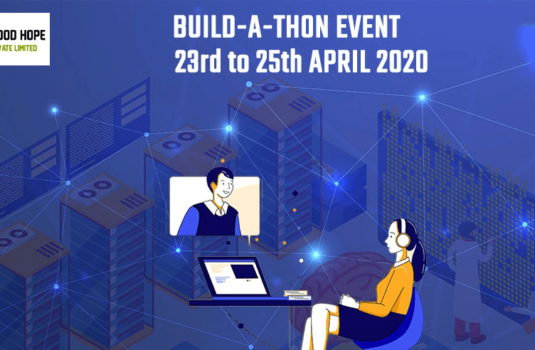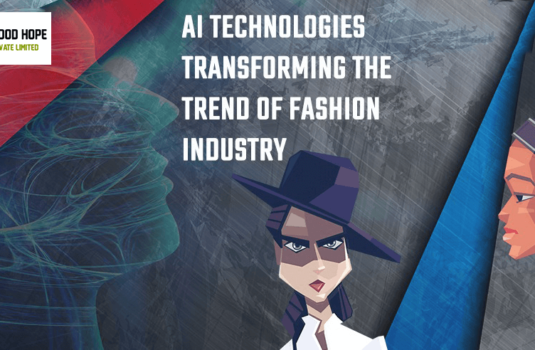Cape of Good Hope Education Pvt Ltd is pleased to announce the details of the 1st Edition of Build-A-Thon Event that will be held from 23rd April to 25th April 2020.
The event gives a chance to different organizations to hire adept engineering students (IT, CS, Mechanical, ECE) by evaluating their skills on projects based on technologies like:
- Artificial Intelligence
- Internet of Things
- Robotics
- 3D Printing
Features at a glance:
- A 3-day event with two days for developing a project and one day for presentation
- The students have undergone intensive training on the latest technologies
- The students have already developed industrial projects and submitted reports
- The recruiters save their resources spent on screening and training of new candidates
- The recruitment process becomes more optimized
- No registration or recruitment fee for companies
Training offered to the students
The tech experts from Cape of Good Hope have offered 60-hour training to the participating students. The students have acquired skills in the latest technologies like artificial intelligence, robotics, 3D printing, and the Internet of Things. The students have gained proficiency in these skills through hands-on training that involves educational kits, robotic kits, and rapid prototyping skills.
During their course of training, the students have also developed industrial-level projects, such as e-health monitoring systems and river cleaning bot. They have also documented their learnings and observations in the form of a report.
Working in the teams helps each student develop collaborative skills. You might discover a candidate who has sharpened his/her leadership during the project development phase. The project development and coding phase give them a chance to hone their attributes like creativity, logical thinking, and problem-solving.
Sequence of Events
1. The Challenge: The students will receive a challenge from the Build-A-Thon. This challenge might revolve around any environment, social, industrial, or daily-life issue. The Build-A-Thon will provide the necessary kits and guidelines.
2. Project Development – Each team starts brainstorming the ideas to create a project that precisely matches the challenge and available kits. They decide who’s going to work on which aspect of the project.
3. Coding – The teams program their projects to perform the desired sets of functions. The programming is done in C++, Python, or Scratch.
4. Presentation – Each team presents their projects in front of the recruiters. They talk about the:
Parts used
- Methodologies applied
- Technologies covered
- Challenges solved
- And other aspects
5. Face-to-face interview – The recruiters evaluate the candidates through a face-to-face interview where technical and general questions are being asked. The salary negotiations are also part of this stage.
Offer letter – The recruiters award the final students with the offer letter for a specific position in their organization.
Event Details:
Dates: Phase 1 (Project Development) – 23rd & 24th April 2020
Phase 2 (Presentation) – 25th April 2020
Venue – Indraprastha Engineering College, Sahibabad (Ghaziabad)
Register your company by connecting with us via:
Phone: 9871998481, 8448916098
Email: sushant@build-a-thon.com, pinky.bharta@neorobos.co.in

